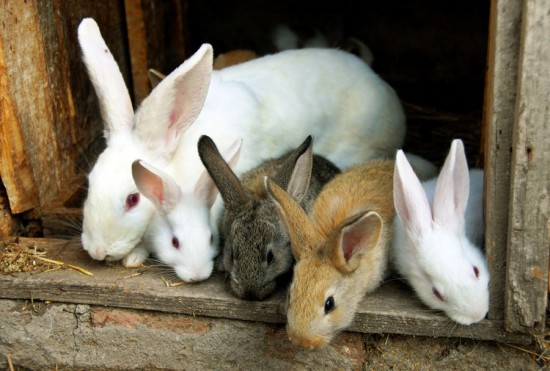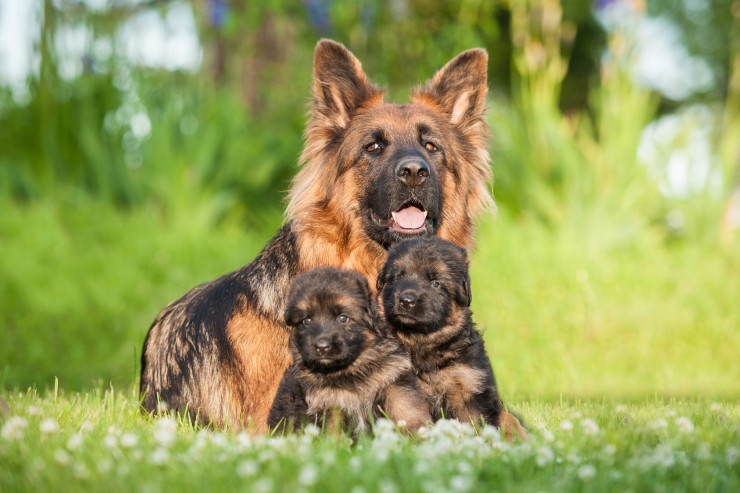
Successfully breeding turkeys is all about following the science -- or at least, the instinctive breeding practices of the birds. In fact, more and more small farms are trying to accommodate turkey farming into their repertoire. First thing you have to know is that turkeys reach sexual maturity at 7 months and must be mated immediately to produce batches of fertilized eggs. Unlike chicken egg production, breeding turkeys is riskier since unfertilized turkey eggs are considered unmarketable and are therefore destroyed immediately. (There is no market for such eggs and are usually considered very low in nutritional value.)
For small farms, a breeding tom can be mated with as many as 10 hens. However, to ensure that there are large volumes of fertilized eggs, alternating 2 toms during the entire breeding cycle is the norm. The health of the female turkeys should also be considered when turkey rearing. The birds should be outfitted with canvas saddles to protect their backs from overeager males. Clipping the toms' toenails also ensures that the female remain healthy as the fertilized eggs develop within a 25 week cycle. As a rule, hens normally lay between 88 and 93 eggs each. Some hens are slaughtered for meat afterwards, but you can also try molting the hen -- or give the hen a certain resting period of about 90 days or 3 months -- so that it can be mated once more. The second laying cycle usually yields lesser number of eggs (70 to 80 fertilized eggs,) but this can still be considered as profitable.
One thing you have to remember is that turkeys reach their sexual maturity at the age of 7 months and would be fertile only for the next 6 months. So if you are planning on getting a breeding hen or tom, make sure that the bird is around 3 months to 5 months only. However, the best way to really ascertain the age of the turkey is to monitor its growth from the moment it hatches. Therefore, it is more advisable to buy birds as eggs or hatchlings.
Lastly, all bird species need nests in order to lay eggs. The use of community nests of at least 0.5 meters wide and 0.5 meters deep for 5 hens should be enough to keep the eggs safe.Another important factor when breeding turkeys is make sure that the nests remain parasite free especially from all sorts of blood sucking bugs and worms.
Nests could be made from a combination of dry straw, wood shavings, and shredded rich hulls. Are you searching for more turkey breeding tips? If you would like to learn more about raising turkeys and avoid costly mistakes, go to: www.howtoraiseturkeys.com
 Breeding From Your Pet Rabbit
Breeding From You
Breeding From Your Pet Rabbit
Breeding From You
 Fascinating Facts About Your Cats Paws
Fascinating Facts
Fascinating Facts About Your Cats Paws
Fascinating Facts
 Some Advice And Things To Think About If You Wish To Breed From Your Pet Dog
Some Advice And T
Some Advice And Things To Think About If You Wish To Breed From Your Pet Dog
Some Advice And T
 Cryptorchidism Or Retained Testicles In Dogs
Cryptorchidism Or
Cryptorchidism Or Retained Testicles In Dogs
Cryptorchidism Or
 5 Veterinary Schemes And Discounts That Can Save You Money On Your Pet’s Healthcare
5 Veterinary Sche
5 Veterinary Schemes And Discounts That Can Save You Money On Your Pet’s Healthcare
5 Veterinary Sche
Copyright © 2005-2016 Pet Information All Rights Reserved
Contact us: www162date@outlook.com